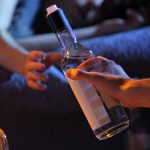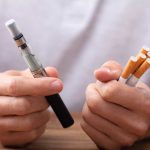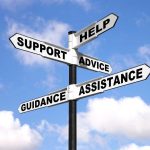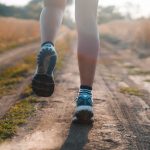“Why is taking drugs dangerous?“
There are lots of risks involved in taking any drug as you don’t know what’s in them. Drugs can also cause addictive behaviour and affect your mental health!
People sometimes misuse drugs to help them cope with other issues in their life, but it’s important to get help to cope in healthier ways, and find support if needed.
“How do they work?“
Drugs stimulate levels of dopamine chemicals in your brain which give you a release of pleasurable feelings. The more you take the drug the more your brain starts to depend on it to reach higher levels of dopamine and feelings of euphoria, causing addictive behaviour.
There are many myths and stereotypes surrounding drugs, such as: - Only “hard” drugs like cocaine and heroin are addictive - This is a myth. Nicotine in cigarettes is more addictive than heroin and cocaine. Alcohol and marijuana can be addictive as well. Even drugs prescribed by a doctor, like painkillers, can lead to addiction. - Addicts can stop anytime they want - This is also a myth. With addiction, there are issues like dependence, where your body physically needs the drug in order to function. And withdrawal from this dependency can be dangerous.
“What are ‘Legal highs’?“
‘Legal highs’ are psychoactive drugs that contain various chemical ingredients, some of which are illegal while others are not. They produce similar effects to illegal drugs like cocaine, cannabis and ecstasy.
They are sold as powder, pills, liquids, capsules, perforated tabs and smoking mixtures, and often come in bright coloured packaging with catchy brand names. Here are some names of ‘legal highs’ you might have heard of:
- Plant food
- Herbal highs
- Bubble
- Mary Jane
- Spice
- Clockwork Orange (refers to the 1970s film A Clockwork Orange)
- Bath salts
- Cherry bomb
- Party pills
- Meow Meow
- M-cat
‘Legal highs’ are no longer legal since a new ban on psychoactive substances came into place in May 2016, making the production, sale or supply of psychoactive substances intended for human consumption illegal.
These psychoactive substances include chemicals which affect the mind and central nervous system, and alter brain function, which makes them unsafe. They can cause changes in your perception, mood, consciousness and behaviour.
“Where can I find advice and support about drugs and alcohol?“
Looking for more honest information about Drugs? Visit the Talk to Frank website
Worried about yourself or someone you know who is misusing drugs or needs support? Contact Turning Point.
Young people have told us that the stigma around drink and drugs would prevent them from asking for support. However, if you would like things to change, Turning Point is there to help.
Turning Point, Suffolk
If you, a family member or friend need advice about substance misuse, or would like to find out how to access support and treatment, you can contact ‘Turning Point’ for help:
Call: Turning Point on 0300 123 0872
Email: [email protected]
Visit:Wellbeing.turning-point.co.uk/suffolk
They work across Suffolk and they can meet you anywhere you feel most comfortable. You can refer yourself to the Turning Point service via their website or helpline.
Get support for your emotional wellbeing via our 'Ease My Mind' Emotional Wellbeing Directory
Drugs and crime
If you are caught with drugs or intend to supply then you are breaking the law. Find out more about the laws on drugs and drug use on the Gov website.
Drug-driving
Drug-driving, including after using a legal high, is illegal. It’s illegal to drive if either:
- you’re unfit to do so because you’re on legal (prescription or over-the-counter medicines) or illegal drugs
- you have certain levels of illegal drugs in your blood (even if they have not affected your driving)
The police can stop you and make you do a ‘field impairment assessment’ if they think you’re on drugs. This is a series of tests, for example asking you to walk in a straight line, or they can also use a roadside drug kit to screen you for cannabis and cocaine. If they think you’re unfit to drive because of taking drugs, you’ll be arrested and will have to take a blood or urine test at a police station. You could be charged with a crime if the test shows you’ve taken drugs.
Page updated on September 5th, 2024 at 01:21pm





